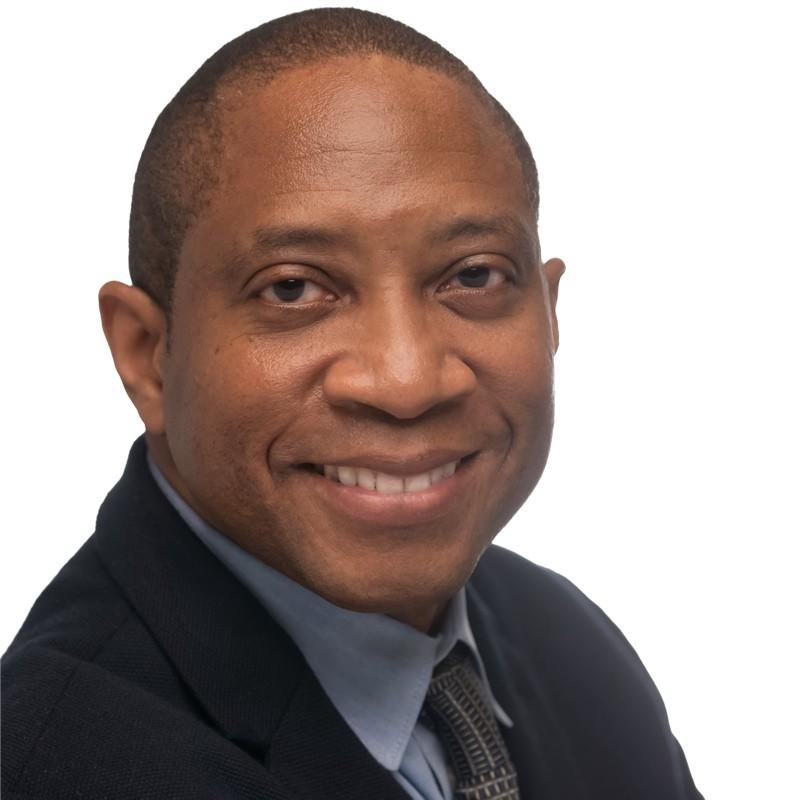How Dr. Samuel Williams III, MD ’06, is shaping behavioral health systems toward greater health equity in one of the United States’ largest cities.
When Samuel Williams III, MD ’06, MBA, took the stage to address the newest graduates of Adtalem Global Education’s Ross University School of Medicine, he charged the next generation of physicians with a responsibility to lead with intention, embrace complexity, remain grounded in compassion and treat mental health as inseparable from physical well-being.
“There is no health without mental health,” he told the graduates. “We are one. The brain is not separate from the heart.”
That message reflects more than just his philosophy. It is the driving force behind his work with the Philadelphia Department of Behavioral Health and Intellectual Disabilities and as deputy chief medical officer at Community Behavioral Health (CBH) in Philadelphia, where he oversees a community of about 1.6 million people.
A System-Level View on Health Access and Equity
Dr. Williams approaches behavioral healthcare with both a clinician’s understanding and a systems strategist’s perspective. He’s worked in major cities across the country—Detroit, Baltimore, Washington, D.C., and now Philadelphia. Across these communities, the challenges may vary in scale, but the root issues often look the same—lack of access, underinvestment in community-based services and a workforce that doesn’t always reflect the populations it serves.
“Too often, people don’t get care because the system wasn’t designed with them in mind,” he says. “You can’t fix outcomes without addressing the structure itself.”
Dr. Williams is helping lead that structural work. His focus includes strengthening quality management systems, ensuring providers are supported in delivering evidence-based, culturally responsive care, and integrating physical and behavioral health services.
“Our systems often separate mental and physical health, and that doesn’t reflect how people live,” he says. “The body and mind are connected. Treatment should be too.”
A Vision for Health Equity
Dr. Williams sees health equity not as a buzzword, but as the foundation of effective care that should be built into the way the system functions rather than a goal to measure. It’s about shifting the structure of care delivery to reach people who have historically been left out.
To him, achieving it requires a long view—systems must be proactive, not just reactive. That means planning for future needs, closing persistent gaps and embedding equity into every layer of care.
Under his leadership at CBH, that has translated into initiatives that expand early intervention services, support a diverse mental health workforce and ensure care models are culturally grounded. He’s also focused on evolving these systems alongside the communities they serve.
“If we’re serious about equity, then we have to build systems that don’t just treat problems. They prevent them.”
A Mission That’s Personal
While much of Dr. Williams’ work is focused at the policy and systems level, his understanding of mental illness remains deeply human. His decision to specialize in psychiatry was shaped by witnessing his mother’s experience with a severe mental health condition.
“I’ve seen both sides,” he says. “What it means to care for someone living with mental illness and what it means to treat them as a physician. That perspective never leaves you.”
He believes care should always begin with dignity. That philosophy informs how CBH operates and how its providers are trained. It’s about making people feel seen, understood and safe. His vision is one where dignity, trust and understanding are part of the treatment plan, especially for populations historically left out of the healthcare conversation.
“I’ve seen what happens when people fall through the cracks,” he says. “I want to be part of building a system that catches them instead.”
Get more leadership insights from our View from the C-Suite series.
For more information, email the Adtalem Global Communications Team: adtalemmedia@adtalem.com.




